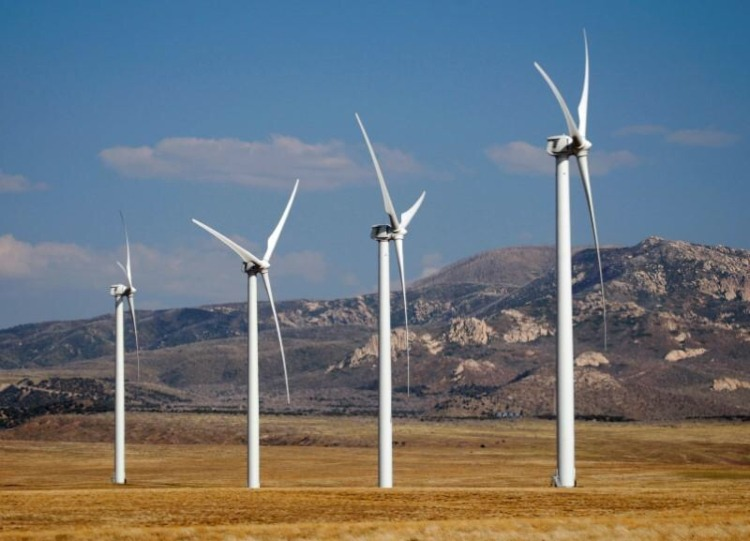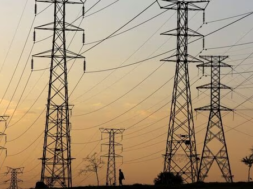
EUROPE / MAGHREB : The latest study by the International Renewable Energy Agency (IRENA), conducted in collaboration with the International Labor Organization (ILO), highlights “the potential of an ambitious climate strategy for jobs and calls for comprehensive policies for a just transition “.
This study, made public on Thursday, October 21, 2021, reveals that in 2020 twelve million employees (compared to 11.5 million in 2019) worked in connection with renewable energies around the world.
“While solar and wind continued to dominate global renewable energy employment growth, with a total of 4 million and 1.25 million jobs respectively, the biofuels segment Liquids declined as demand for transportation fuels fell. Off-grid solar lighting sales suffered, but companies were able to contain job losses, “the survey said.
However, IRENA reveals that China accounts for 39% of these direct and indirect jobs (4.73 million employees) in renewable energies, followed by Brazil (1.2 million), India (726,000), United States (838,000). All together, the Member States of the European Union reach only 1.3 million, mainly thanks to the solid biomass (368,000 jobs), wind (259,000), liquid biofuels (229,000 jobs) sectors. ) and solar photovoltaic (194,000). And again, the data includes the UK. Europe, on the other hand, ranks first for offshore wind turbine installations, almost exclusively thanks to installations in the North Sea and the Baltic Sea. The EU represents 21% of global wind jobs (44% for China and 17% for the Americas).
Spain leads the way
The countries bordering the Mediterranean are seriously lagging behind. Only in this region to perform well, Spain with an increase of 17% of jobs in the sector in 2019 (95,100 employees against 81,300 in 2018). “The expansion was entirely driven by wind power and solar photovoltaic power,” says IRENA. These two industries employed 28,600 and 21,400 people respectively at the end of 2020, or 53% of all Spanish jobs in the renewable sector. With 31,900 jobs, biomass still remains in the lead, even if this figure is declining from year to year.
According to the Spanish Renewable Energy Association (APPA), “the contribution of the renewable energy sector to GDP increased by 19%, reaching € 12.5 billion in 2019”.
Madrid ranks first in Europe, behind Germany and ahead of Denmark, for exports of wind power equipment (nacelles, hubs and blades). The EU represents 30 to 40% of the world market for turbine installation, stable over the last decade with around € 8 billion per year in exports.
In 2021, the most demanded professions in Spain in the renewable energy sector were project developers, design engineers specializing in high voltage lines and substations, and salespeople.
In France, direct and indirect jobs in wind energy are estimated at 20,200 at the end of 2019, up 11%. The 2023-2028 National Multiannual Program could increase them to 50,000.
The IRENA report shows that across North Africa, only 23,000 people are working in renewable energy.
On the other hand, in Turkey, the opening by Kalyon Solar Technologies of a component manufacturing plant for photovoltaic power plants in Ankara will create 1,400 jobs on site, as well as 100 in the associated research center. In Jordan, some 5,000 people work in renewable energies, including more than 2,000 in photovoltaics, nearly 2,000 in wind power and 1,000 in solar thermal.















